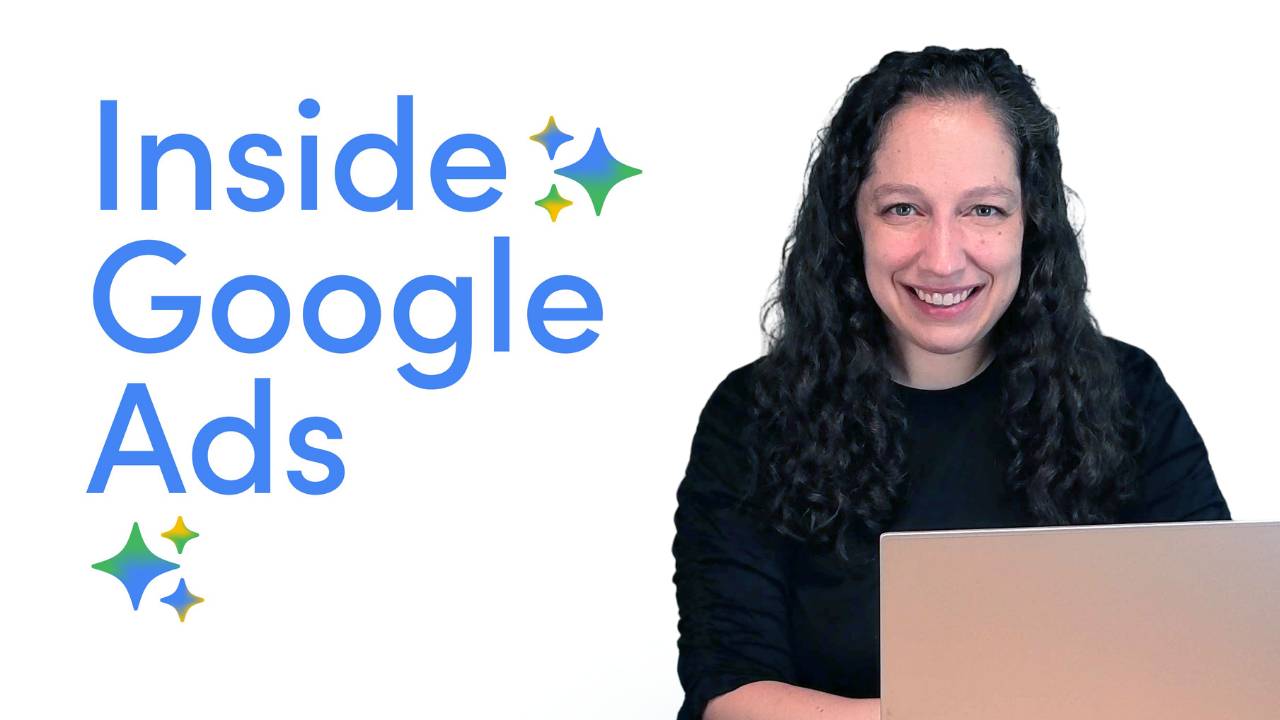Should you use Exact Match keywords in a Brand campaign in Google Ads?
Jun 12, 2024
By: Jyll Saskin Gales, Google Ads Coach
If you've been following Google Ads news, you know that match types have undergone significant changes. These shifts have prompted me to reevaluate my best practices, including how I approach brand campaigns. Should you use exact match keywords in your brand campaigns? My answer has evolved, and here's why.
The Evolution of Keyword Match Types
Traditionally, I advocated for phrase match keywords in brand campaigns. The idea was to capture all variations of searches for your brand. However, with the evolution of exact match, my perspective has shifted.
Remember, exact match no longer means an exact match to your keyword. It now focuses on matching the meaning or intent behind the search. This broader scope makes exact match a more viable option for brand campaigns, allowing you to capture only those searches that involve your brand - ideally. I've seen exact match keywords match to competitor queries, so it's a brave new world out there!

Broad Match with Brand Inclusions: A New Technique?
Another intriguing option is to use broad match with brand inclusions (previously called brand restrictions). This relatively new feature in Google Ads allows you to leverage the expansive reach of broad match while ensuring your ads only show for searches related to your brand.
While I haven't personally tested this feature yet, early reports from industry colleagues indicate promising results. It's definitely worth considering, especially if you want to maximize your brand's visibility in search results.
Beyond Match Types: The Importance of Bidding and Budget
It's important to note that with the loosening of match types, your bid strategy and budget can play a more significant role in determining your targeting than your chosen match type.
In brand campaigns, some prefer manual CPC bidding to maintain control over costs. While that can be effective, I typically lean towards Max Conversions or Max Conversion Value to factor in the "propensity to convert."
If you find that CPCs are too high, it's usually a sign of another issue, like irrelevant search terms. Adjusting your bid strategy or switching to manual bidding can be potential solutions.
Start Brand Campaigns with Exact Match Keywords
If you're just dipping your toes into brand campaigns, starting with exact match keywords can be a great approach. It allows you to capture relevant searches while minimizing the risk of irrelevant traffic.
Remember to monitor your search terms report closely, especially in the initial stages, to ensure your ads are showing for the right queries.
Key Takeaways:
- Exact match is no longer just about exact matches – it's about matching intent.
- Broad match with brand inclusions is a promising new option.
- Bid strategy and budget are crucial considerations in brand campaigns.
- Exact match keywords are a good starting point for beginners.
Free Google Ads newsletter
Join 8,000+ business owners and marketers discovering my secrets to Google Ads success. Subscribe now for proven tactics in your inbox every other Tuesday.


